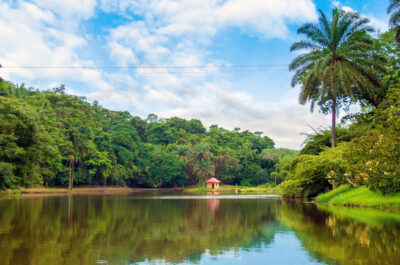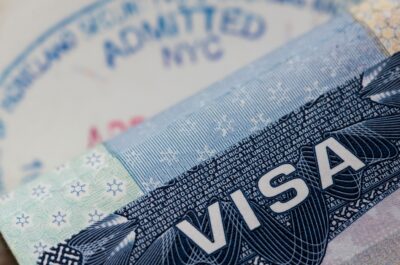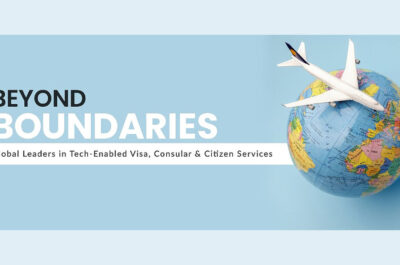Naming and conserving mountain Gorillas has become an international concern for the past ten years. This year 2014, is the 10th anniversary of the global event, and Rwanda has a conservation story to tell about the rare primates.
RUBAVU, RWANDA – For a decade, the African nation of Rwanda has celebrated the mountain Gorillas, rare and endangered primates, through a colourful naming ceremony locally called “Kwita Izina”. This year 2014, is the 10th anniversary of the global event, and Rwanda has a conservation story to tell about the rare primates.
Naming and conserving mountain Gorillas has become an international concern for the past ten years. Big international names like CNN founder Ted Turner, Microsoft co-founder billionaire Bill Gates, Hollywood icon Natalie Portman and more have visited Rwanda’s mountain Gorillas and named infants. Rwanda has over 150 mountain gorillas, from 10 families or groups. Bill Gates visited one of the families in June 2006 called Sabyinyo and named a baby from it as ‘KEZA’ or ‘cute one’.
Rwanda will celebrate the birth this year of 18 mountain Gorillas, on the 10th anniversary of Gorilla naming, on July 1, 2014 in the Musanze district, near the gorilla habitat shared between Rwanda, Uganda and Democratic Republic of the Congo.
There are strict rules to ensure safety of both gorillas and the tourists. Visitors must maintain at least a distance of 7 meters between themselves and the gorillas, a maximum of 8 tourists per visit, a limit of one tourism group per day, per each gorilla group, and visits limited to an hour.
Rwanda’s mountain gorillas were first brought to international attention by the conservation efforts of American late Dian Fossey in the 1960s and 1970s, a call that Rwanda has given undivided attention since then. Since the genocide targeting Tutsis in 1994, Rwanda’s tourism and hospitality sectors have boomed.
Last year, tourism revenue rose to $294m, from a meager $62m in the year 2000. Payments for gorilla permits count for a bigger portion. In 2010, Rwanda hosted 666,000 visitors who generated US$ 200M – a 14% increase from 2009. In 2013, Rwanda hosted 1,137,000 visitors.
Five percent of the revenues collected from gorilla tourism are invested in the surrounding communities. Park communities have benefitted from more than 300 projects including schools.
As government revenues have grown, so has the number of gorillas. Ambassador Yamini Karitanyi, Head of Tourism and conservation at the Rwanda Development Board or RDD said last week that Rwanda’s community-led conservation efforts have led to a 26.3 percent growth in the population of gorillas since 2003.
Also, the Democratic Republic of Congo (DRC) this week introduced a new Visa policy targeting Rwandans, which regional officials say affects more than 36,000 travelers from both Countries who cross the border daily. The abrupt visa changes include three new categories; $30 per year will be charged on Rwandan students crossing the border to study in DRCongo, $50 on small traders every 3 months and $250 every Month for the working class.
Rwanda reacted with dismay to the changes. Kigali says the visa charges contravene agreements signed under the Economic Community of the Great Lakes Countries (CEPGL) – a regional body that brings together Rwanda, DRC and Burundi.
It is the second time that the DRC Government has breached the CEPGL agreement. On April 21, it started overcharging VISA fees on Rwandans traveling through the Rusizi-Bukavu border post.
Rwanda says that other than the laissez-passer temporary document costing Rwf10, 000, its nationals had been required to have a visa costing $55 (Rwf37, 400) for ordinary persons and $35 (Rwf23, 800) for students.
Rwandans crossing to DRC claim they have also been asked to pay bribes up to $50 by Congolese border officials.
The Congolese government has defended the policy saying the visas are necessary to control whoever enters its borders. Senior immigration officials in DRC say whoever is implementing the visa policy with more charges such as bribes is doing so as individuals.
The regional body CEPGL has also intervened – warning DRC for breaching the agreement it has signed. The three neighbors signed the agreement in July last year after lengthy talks by all Foreign Affairs Ministers of member Countries. Following which all visa fees were scrapped.
In a statement issued last Month, the CEPGL Executive Secretary, Herman Tuyaga said that DRC did not inform the body before introducing the new visa fees. CEPGL chief says that the document signed indicates that only passports, Lesser-Passez and identity cards should be used by Citizens and DRC’s new Visa policy is contrary to its mission of regional integration.
Rwanda and its larger neighbor have seen a surge in cross-border trade over the years, toping more than Rwf 25billion, which may be affected.
Photo caption: One of the females from the Sabyinyo group, with its infant in the gorilla habitant in the volcano national park (PRNewsFoto/KT Press).
Tatiana is the news coordinator for TravelDailyNews Media Network (traveldailynews.gr, traveldailynews.com and traveldailynews.asia). Her role includes monitoring the hundreds of news sources of TravelDailyNews Media Network and skimming the most important according to our strategy.
She holds a Bachelor's degree in Communication & Mass Media from Panteion University of Political & Social Studies of Athens and she has been editor and editor-in-chief in various economic magazines and newspapers.







































































































































































